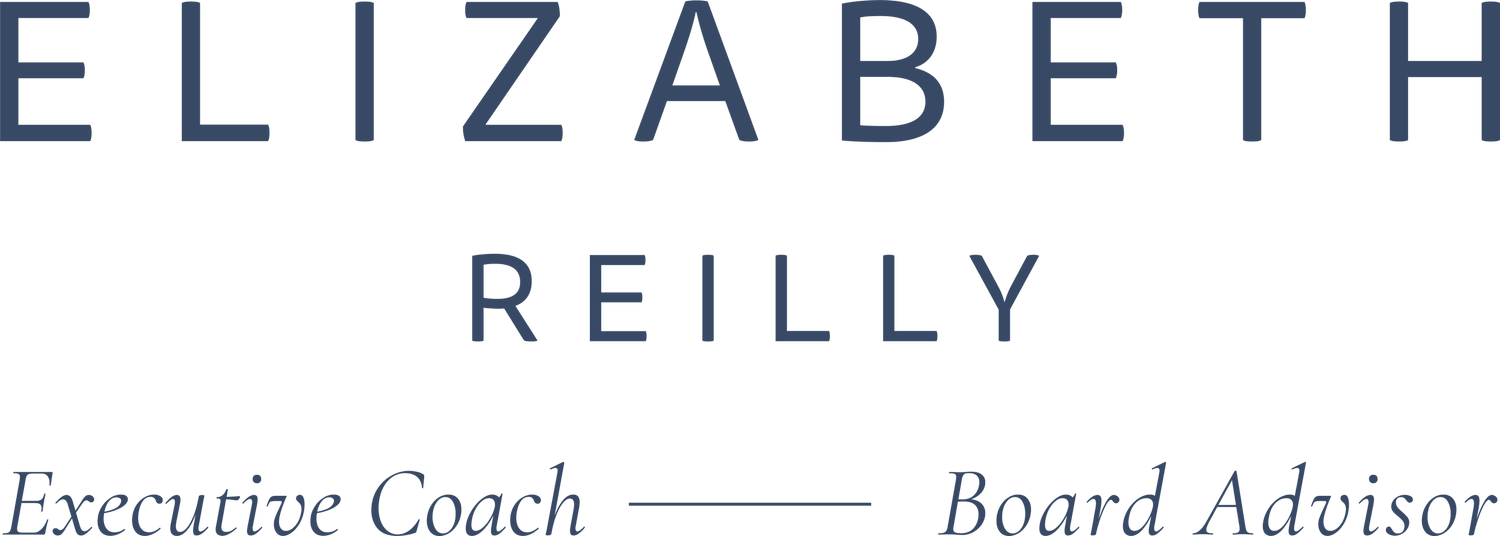The Heartache of Misunderstanding and Othering: A Call for Compassion in Neurodiversity
The Dismay of Disparagement
In recent times, we have witnessed a concerning trend where individuals in positions of privilege and influence have felt empowered to publicly voice biased and, frankly, disparaging opinions about neurodivergent individuals and the parents who support them. This behaviour not only astounds but deeply disheartens me.
It prompts a crucial question:
Where has our compassion for our shared humanity gone, especially around the complex and diverse experiences of neurodivergent individuals?
The Impact of Biased and Disparaging Comments
The negative repercussions of such public comments are far-reaching. Directly, they inflict unnecessary pain on those already navigating the challenges of neurodivergence. Indirectly, they perpetuate a stigma, hindering the progress we've made towards social inclusion and acceptance. This is not merely about hurt feelings; it's about the tangible harm done to individuals and families striving for understanding in a world that all too often misrepresents or misunderstands them.
Privilege, Power, and Responsibility
The dynamics of privilege and power cannot be overlooked in these scenarios. When those with a platform choose to make uninformed or biased statements, they fail to recognise the responsibility that accompanies their influence. It's imperative that public figures exercise empathy, seek informed perspectives, and use their platforms to uplift rather than disparage. The potential for positive impact is immense if only that influence were wielded with kindness and a genuine desire to understand.
The Need for Compassion and Understanding
Imagine a society where differences, including neurodivergence, are not just tolerated but valued, respected, and celebrated. Such a society is within our reach if we approach conversations about neurodiversity with curiosity, compassion, and an open heart.
It's about more than polite discourse; it's about actively fostering an environment where all individuals feel seen, heard, and appreciated for who they are.
Moving Towards Positive Change
To move towards the positive change we wish to see, it's essential for both individuals and the media to take actionable steps to support the neurodivergent community better. This includes advocating for more funding and research into neurological conditions, increasing awareness and compassion, and significantly listening to and learning from neurodivergent voices. The path to a more inclusive society starts with our willingness to challenge our preconceptions and strive for a deeper comprehension of the experiences of others.
Conclusion
The essence of our humanity lies in our ability to empathise, to extend compassion, and to treat others with dignity and respect. The discourse surrounding neurodiversity and the public treatment of neurodivergent individuals and their families must reflect these values. I urge each of us to be part of the change and to advocate for a world that embraces all facets of human diversity.
Engage with this topic with open minds and hearts, ready to learn, support, and uplift each other.
I invite you to reflect on these points and join the conversation.
How can we, together, foster a more understanding and inclusive world for everyone, regardless of neurological makeup?
Let's embark on this journey together, ready to make a real difference!
Your ideas, experiences, and perspectives are not just welcome but essential in propelling the change we desire in the world for both ourselves and future generations.
